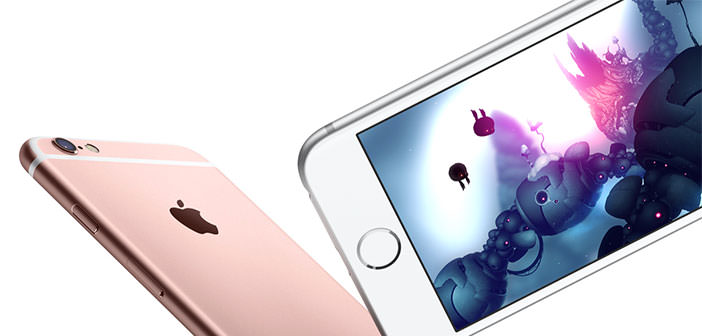Apple returns to speaking of ” force quitting ” applications on iOS, arguing that it is totally useless to close them from the app switcher screen in order to save on energy consumption.
Many iOS users are convinced that by forcing the closure of the app on the iPhone and iPad will save operational autonomy of the device. This is not true and to reiterate is Apple itself: the operation actually does not involve any advantage, nor the energy efficiency or on that performance. Further confirmation comes from none other than Craig Federighi, after a user has sent an email to Tim Cook when asked precisely to solve this doubt.
” Close frequent applications from iOS multitasking, and the operation is necessary to increase the battery life? ” He asked Caleb to the CEO of Apple. Perhaps because they are too busy, Cook has delegated the answer to Craig Federighi, known executive of the company as well as among the greatest orators during the conference presentation of the various devices and proprietary software. Federighi he replied: ” I know you’ve asked Tim, but I give you my answer. ”
Which it is ” No and no. ” To close the app on iOS you need to simply make a swipe upwards on the preview that appears on the screen, commonly called ” multitasking “. This operation will force its ” closed “, and it is precisely for this reason that people naturally start to think that by doing, so they yield benefits in terms of performance and battery life. But as already they stated in many over the years, actually forcing the closure is obtained the exact opposite effect.
There are exceptions that go beyond this rule, but generally the app on iOS are ” locked ” when they are not in the foreground and have no impact on the energy front. When it is forced to quit deletes all the data in the device RAM, thus making it necessary to load them again at the next execution. It is clear that, if it is an app that is often used, load and reload the data into RAM at each execution can easily decrease the operational autonomy of the smartphone.
Apple has never explained in detail on the technical management of the operation of the IOS memory, but over the years, I have made many technical society, including Scotty Loveless, who has just spoken of this particular feature of iOS.
The operating system also has forced the closure of open applications less recently when in need of additional system memory, then already independently what the ” power ” user with the closing of the app via app switcher.
” The truth is that those applications in the multitasking menu, are definitely not run in the background, ” wrote necessary Loveless. ” The iOS freezes from the moment you left, so that you can take right from there when you reopen “.
The only exception is for applications that have the update setting active in the background, while all the others remain partially active in case of reproducing audio, or using GPS or other features.
There have been some cases in which maintain an app in the background would entail a significant increase in battery life, for example, with Facebook, but this was largely a system bug, with the same applications that were running the memory in an inappropriate manner and not for your operating system.
To Federighi, it is still the first ” official response ” about, although laconic, following numerous conjectures – as exact – on the subject moves.

